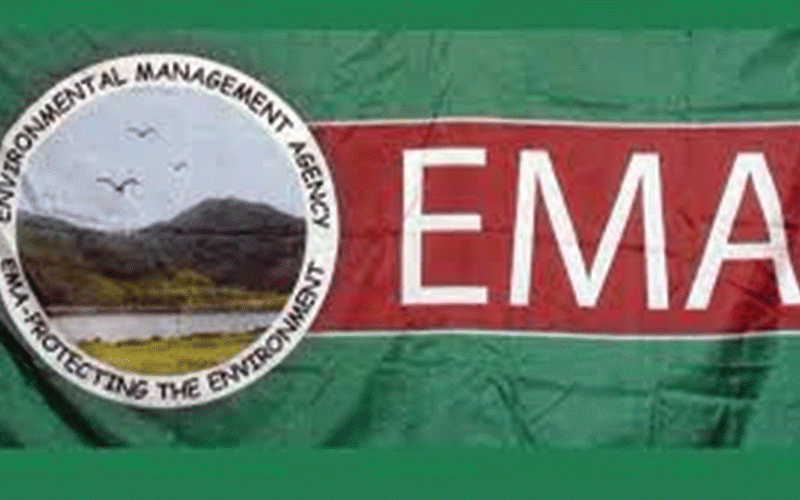
AUSTRALIAN energy firm, Invictus Energy Limited, has secured an environmental social impact assessment approval from the Zimbabwe Environmental Management Agency (Ema) to begin gas production at its Cabora Bassa Project.
The approval will allow the commencement of pilot production activities, including the Eureka Gold Mine gas-to-power project, Invictus said.
In December 2023, the firm made a gas discovery and last year discovered an estimated 184 million barrels of potential oil at its project.
The Cabora Bassa project is located in the Muzarabani district in Mashonaland Central Province.
“Invictus Energy Limited is pleased to announce that the Zimbabwe Environmental Management Agency (Ema) has approved the environmental social impact assessment (ESIA) for pilot production activities at the Cabora Bassa Project,” Invictus said in a statement yesterday.
“Pilot production activities include the Eureka Gold Mine gas-to-power project and incorporates gas extraction, liquefaction and transport from the Mukuyu gas field, as well as future extraction operations across Special Grant 4571 (SG 4571) and Exclusive Prospecting Orders (EPOs) 1848 and 1849.”
Invictus said the approval provided a clear pathway for the commercialisation of gas resources from the Cabora Bassa Basin.
“The ESIA approval is a critical milestone for Invictus and paves the way for the future development of the Mukuyu gas field and broader exploration licence areas,” Invictus managing director Scott Macmillan said.
- Chamisa under fire over US$120K donation
- Mavhunga puts DeMbare into Chibuku quarterfinals
- Pension funds bet on Cabora Bassa oilfields
- Councils defy govt fire tender directive
Keep Reading
“We will now finalise pilot production planning, secure all necessary permits and advance discussions with additional potential offtake partners. Invictus remains committed to unlocking Zimbabwe’s gas potential and delivering long-term value to shareholders and the broader region.”
Further updates will be made as the company advanced the pilot production activities.
According to the firm, the ESIA approval is a pivotal step towards the commencement of pilot production activities, including the Eureka Gold Mine gas-to-power project.
The project is being developed in collaboration with Dallaglio (owner of Eureka Mine) and Himoinsa SA (onsite power generation provider to Eureka), leveraging Mukuyu’s gas resources to supply reliable and cost-effective power to the mine.
“Invictus and Himoinsa SA have been actively engaging with various technology providers for gas processing, liquefaction and logistics solutions to feed into the feasibility study, which is progressing in tandem. These engagements are aimed at identifying optimal technologies to maximise efficiency and commercial viability for the pilot production phase and subsequent large-scale development,” Invictus said.
“Initial Eureka gas-to-power project feasibility study results indicate a high look-through gas price exceeding US$10/GJ for gas-fired power generation, based on current grid tariff rates. This underscores the economic viability of the Mukuyu gas field as a strategic energy source for power generation in Zimbabwe and the broader region.”
Invictus said the ESIA expanded on the initial 2019 assessment, which it claims was one of the most extensive environmental studies ever undertaken in Zimbabwe.
The 2019 study included rigorous field surveys and baseline measurements across multiple disciplines, including hydrology, ecology, environmental and archaeological assessments, hydrogeological and soil surveys, as well as socioeconomic and community consultations.










